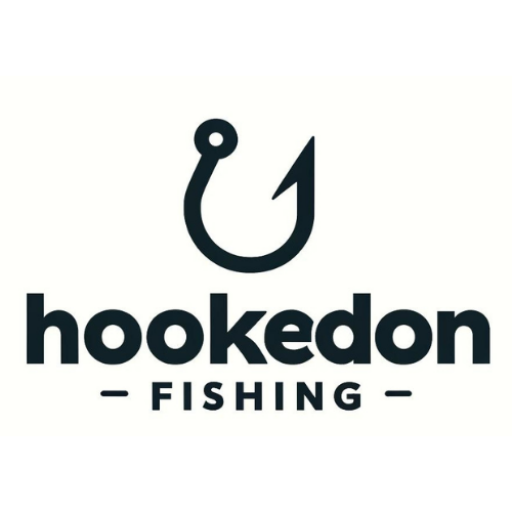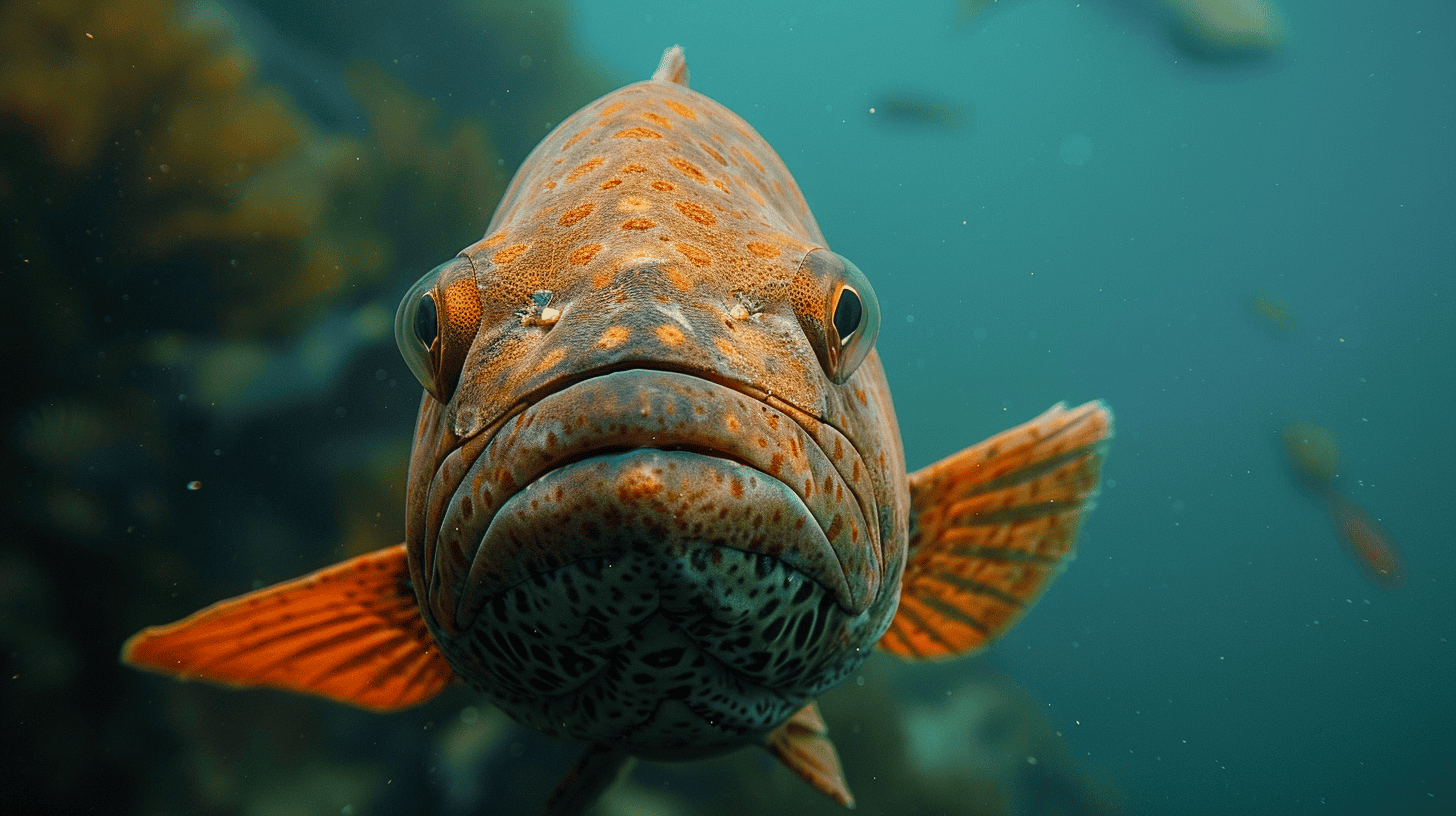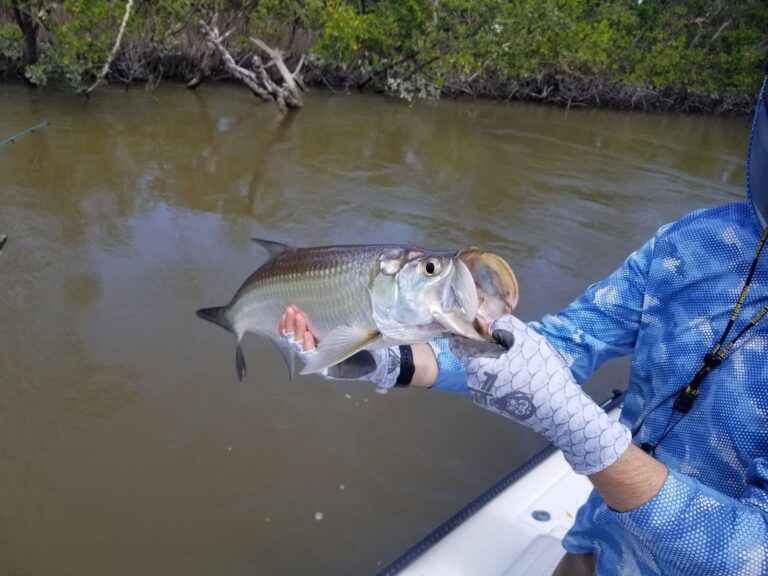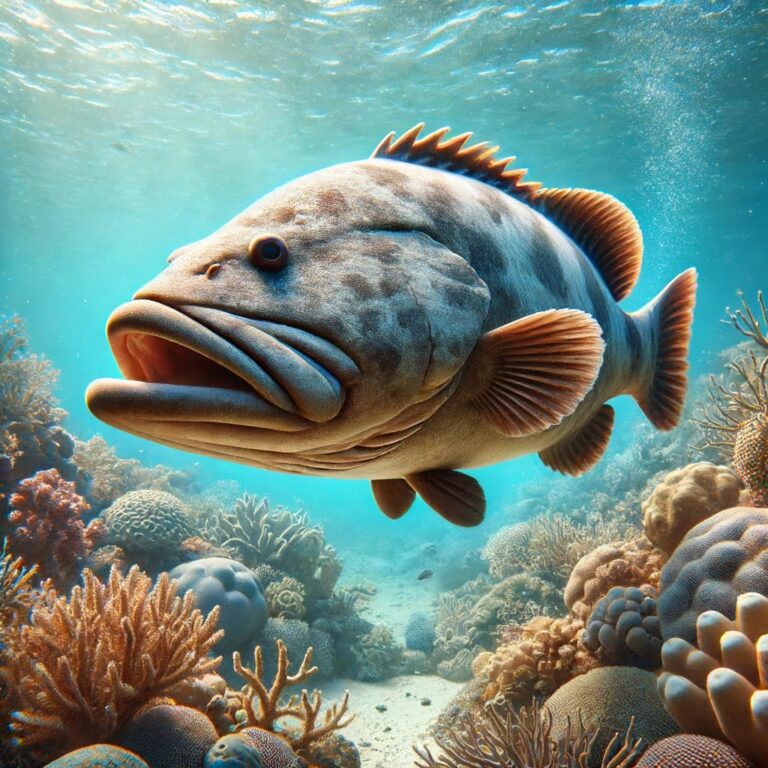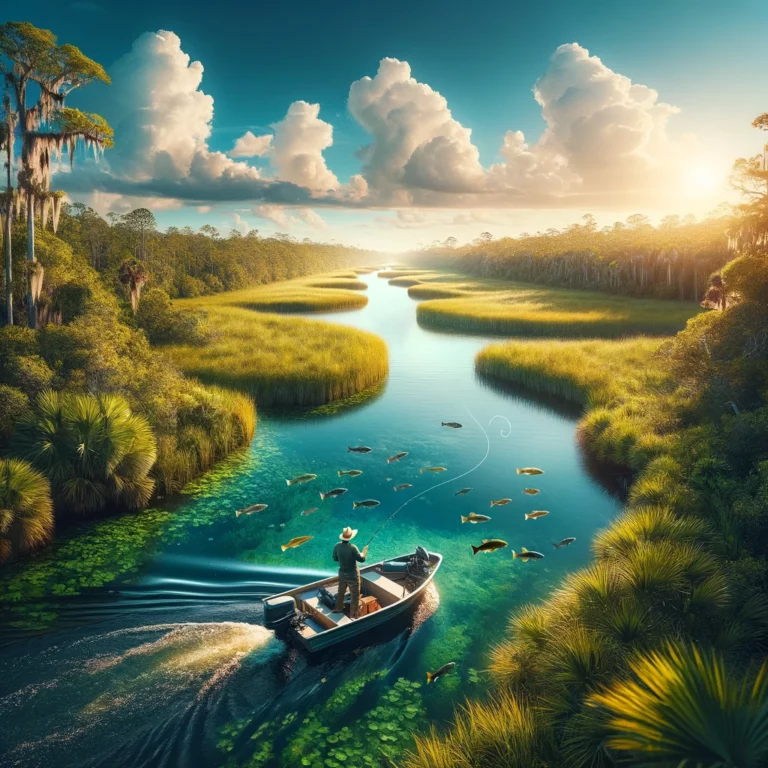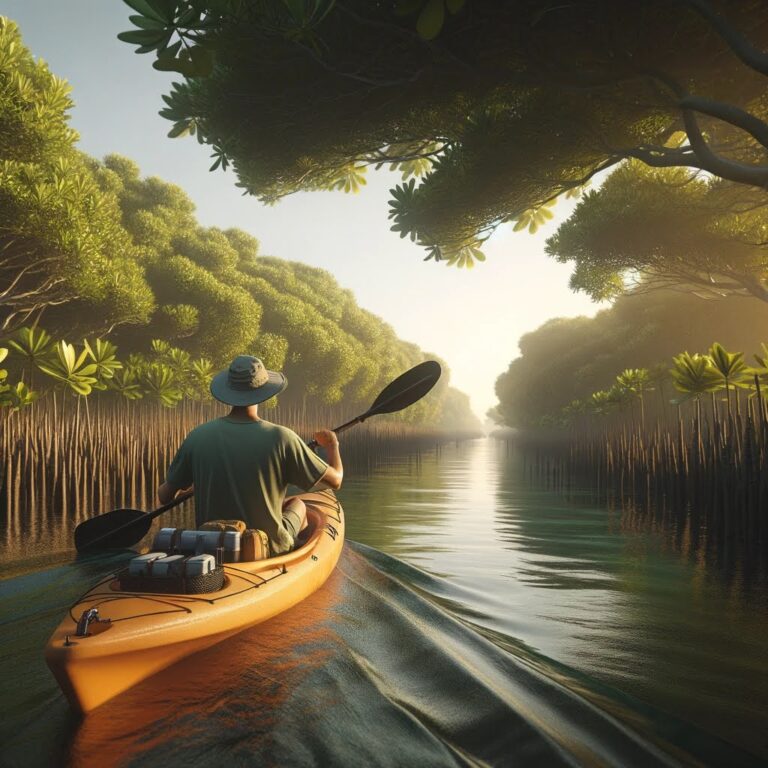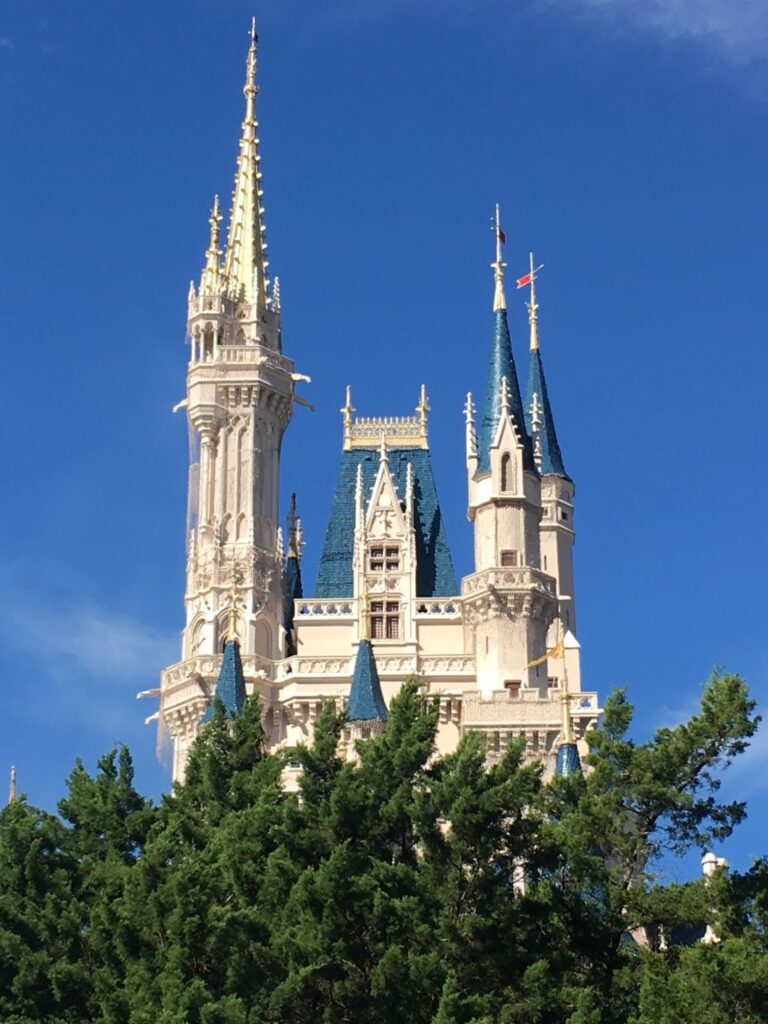Grouper Season in Florida: The Ultimate Guide
Grouper season in Florida is a much-anticipated time for anglers, both for us locals and all the tourists who flock to this region every year.
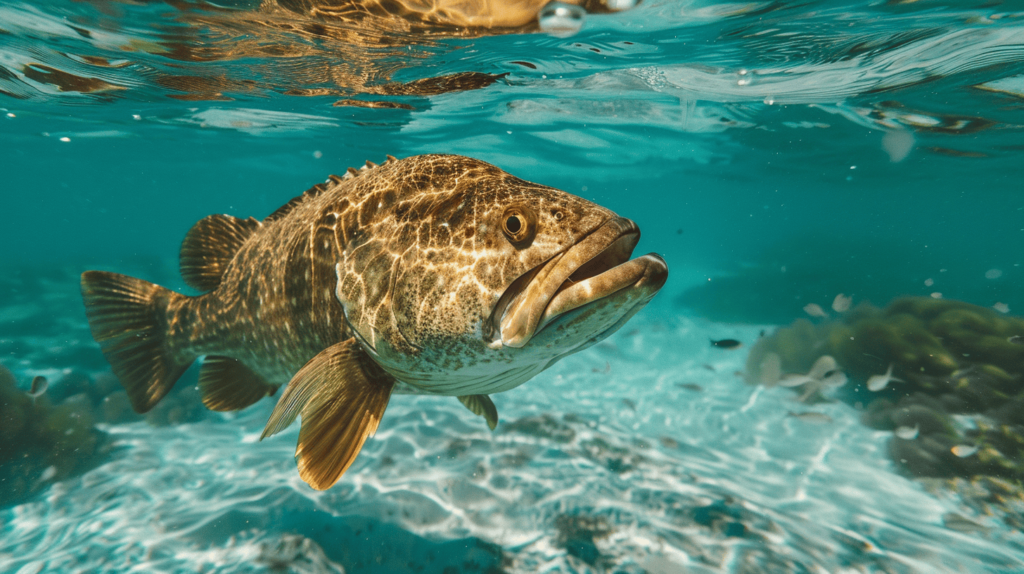
This period, dictated by regulations to ensure the sustainability of grouper populations, is when fishing for these hefty, hard-fighting fish is at its peak.
In this guide, we’ll detail the types of grouper you can expect to encounter, the best times to fish, a few helpful techniques, and lastly gear tips to help you make the most of your fishing trip.
Types of Grouper in Florida
Florida waters are home to several species of grouper, each with its unique characteristics and appeal.
Among the most popular are:
- Gag Grouper: Known for their robust fight and delicious taste.
- Red Grouper: Easily recognizable by their reddish hue and popular among recreational fishers.
- Black Grouper: These are large, formidable fish often found in deeper waters.
Seasonal Regulations
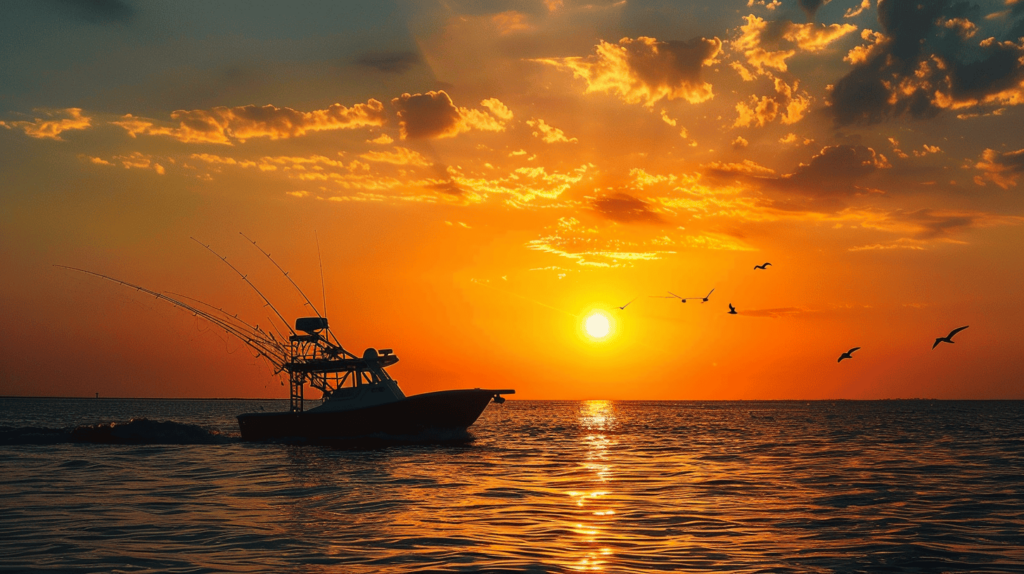
Open and Closed Seasons
To preserve the grouper populations, Florida enforces specific seasons for different types of grouper. It’s essential to be aware of these regulations to avoid fines and contribute to conservation efforts.
- Gag Grouper: The season typically opens in June and runs through December, with specific dates varying by region.
- Red Grouper: Generally available year-round, but certain areas may have specific closures to protect the species.
- Black Grouper: Like the Red Grouper, these are often available throughout the year, but check local guidelines for any seasonal closures.
Size and Bag Limits
To ensure grouper populations thrive, Florida also enforces size and bag limits.
- Size Limits: Usually, grouper must be a certain length to be kept. For example, the minimum size for Gag Grouper is 24 inches.
- Daily Bag Limits: Anglers are typically limited to a certain number of grouper per day. For instance, the aggregate bag limit for grouper might be three per person per day, including various species.
Best Times to Fish for Grouper
Peak Seasons
While regulations dictate when you can fish for grouper, understanding peak seasons can significantly enhance your fishing success. Generally, the best times align with the open seasons. For Gag Grouper, the summer months through early winter are prime.
Weather and Water Conditions
Ideal grouper fishing often occurs in stable weather with moderate water temperatures. grouper are typically more active when the water temperature is between 70-80°F. Calm seas also make for safer and more enjoyable fishing trips.
Top Grouper Fishing Locations in Florida
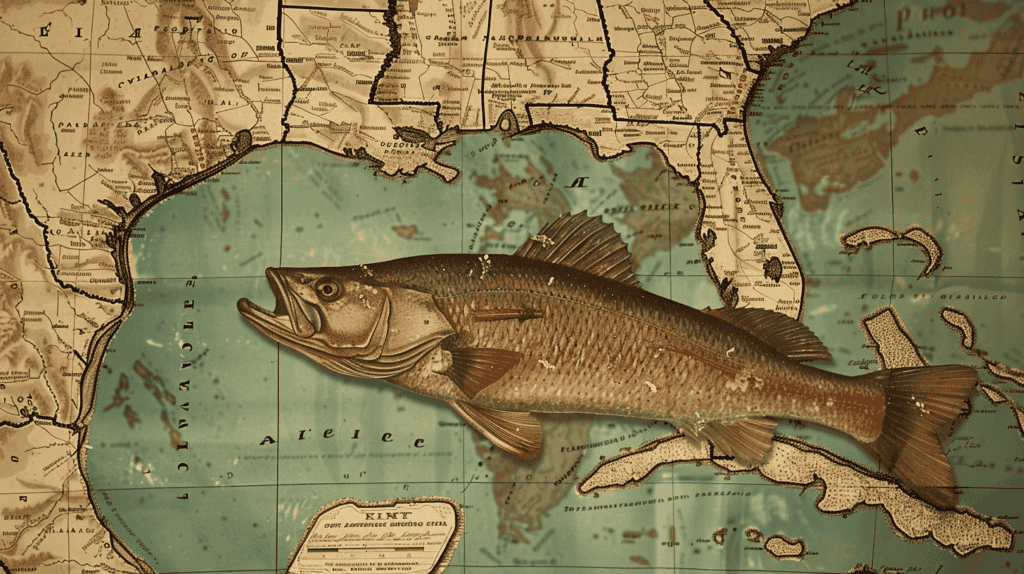
Gulf Coast Hotspots
- Destin: Known as the “World’s Luckiest Fishing Village,” Destin offers rich grouper fishing grounds.
- Tampa Bay: With its extensive reef systems, Tampa Bay is a widely known grouper haven.
- Florida Keys: The diverse underwater structures in the Keys provide excellent habitats for grouper.
Atlantic Coast Hotspots
- Miami: Offshore reefs and wrecks near Miami attract grouper in droves.
- Fort Lauderdale: Known for its deep-sea fishing, Fort Lauderdale is a great spot to go after grouper.
- Palm Beach: The reefs off Palm Beach are teeming with grouper, making it a highly desirable fishing destination.

Techniques and Equipment for Grouper Fishing
Fishing Techniques
- Bottom Fishing: The most common method for catching grouper which involves dropping bait to the seafloor and waiting for a bite.
- Trolling: A less common but effective technique involving dragging bait or lures behind a moving boat.
Recommended Gear
- Rods: Heavy-duty rods are essential for handling the powerful pull of a grouper.
- Reels: Opt for strong, high-capacity reels to manage the deep, hard-fighting grouper.
- Lines: Braided lines are preferred for their strength and sensitivity.
- Bait: Live bait such as pinfish, squid, and cut bait works best for attracting grouper.
Conservation and Sustainability
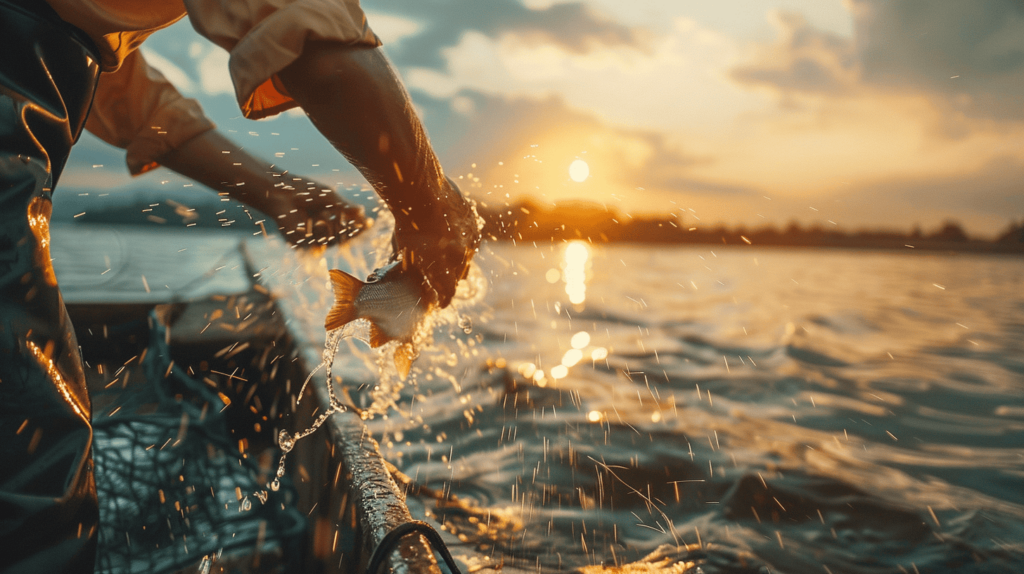
Catch and Release Practices
Practicing catch and release helps ensure that grouper populations remain healthy.
To do it right follow these tips:
- Use Circle Hooks: These hooks reduce the chance of gut hooking and make it easier to release the fish unharmed.
- Handle Fish with Wet Hands: This protects the fish’s slime coat, which is crucial for their health.
- Release Quickly: The faster you release the fish, the better its chances of survival.
Decompression Tools and Techniques
When grouper are caught in deep water, they can suffer from barotrauma, a condition where their swim bladders expand due to the rapid change in pressure. To safely return them to the depths, use the following tools and techniques:
- Decompression Needles (Venting Tools): These tools help release the excess gas from the fish’s swim bladder. Insert the needle gently into the fish’s side at a 45-degree angle, just behind the pectoral fin, to let out the gas and allow the fish to return to depth safely.
- Descending Devices: These are weighted hooks or cages that help guide the fish back down to the depth it was caught from. Attach the device to the fish and lower it back into the water, allowing it to re-pressurize naturally.
- Barotrauma Release Bags: These bags can also help return the fish to its original depth. Place the fish in the bag and lower it gently to ensure it reaches a safe pressure zone before release.
Using these tools correctly ensures the fish can survive and thrive after being released.
Add these to your list of tools to have on hand when fishing, especially in deeper waters, to contribute to sustainable fishing practices and protect the grouper population for future generations.
Regulatory Bodies and Conservation Efforts
Organizations like the Florida Fish and Wildlife Conservation Commission (FWC) and the Gulf of Mexico Fishery Management Council are at the forefront of efforts to protect and sustain grouper populations.
These bodies work to implement and enforce regulations that ensure the health and longevity of these fish species.
Florida Fish and Wildlife Conservation Commission (FWC):
The FWC is a state agency responsible for managing fish and wildlife resources in Florida. Their efforts include:
- Regulating Fishing Seasons: The FWC sets open and closed seasons for grouper fishing to prevent overfishing and allow grouper populations to replenish.
- Enforcing Size and Bag Limits: By enforcing minimum size limits and daily bag limits, the FWC ensures that only mature fish are harvested, which helps maintain a healthy breeding population.
- Monitoring Fish Stocks: Through scientific research and data collection, the FWC monitors grouper populations and adjusts regulations as needed to respond to changes in the ecosystem.
- Promoting Sustainable Fishing Practices: The FWC educates anglers on best practices for catch and release, including the use of decompression tools and proper handling techniques.
Gulf of Mexico Fishery Management Council:
This regional body works alongside the FWC and other organizations to manage fishery resources in the Gulf of Mexico. Their contributions include:
- Developing Fishery Management Plans: These plans outline strategies for managing grouper stocks, including setting quotas, establishing marine protected areas, and implementing gear restrictions.
- Conducting Stock Assessments: Regular assessments provide crucial data on grouper populations, helping to inform management decisions and ensure sustainable harvest levels.
- Collaborating with Stakeholders: The council works with commercial and recreational fishers, scientists, and environmental groups to develop regulations that balance economic interests with conservation goals.
- Implementing Ecosystem-Based Management: This approach considers the broader marine ecosystem, recognizing the interconnectedness of species and habitats, to create more effective and sustainable management strategies.
Collaborative Conservation Efforts:
Both the FWC and the Gulf of Mexico Fishery Management Council collaborate with various organizations to bolster conservation efforts, including:
- Marine Protected Areas (MPAs): Designating certain areas as MPAs helps protect critical grouper habitats from fishing pressure, allowing populations to thrive.
- Public Awareness Campaigns: Educating the public about the importance of grouper conservation helps foster a culture of sustainable fishing practices among anglers.
- Research and Innovation: Investing in research and developing new technologies, such as improved decompression tools and tracking systems, enhances conservation efforts and ensures more effective management of grouper stocks.
Our Role in Conservation:
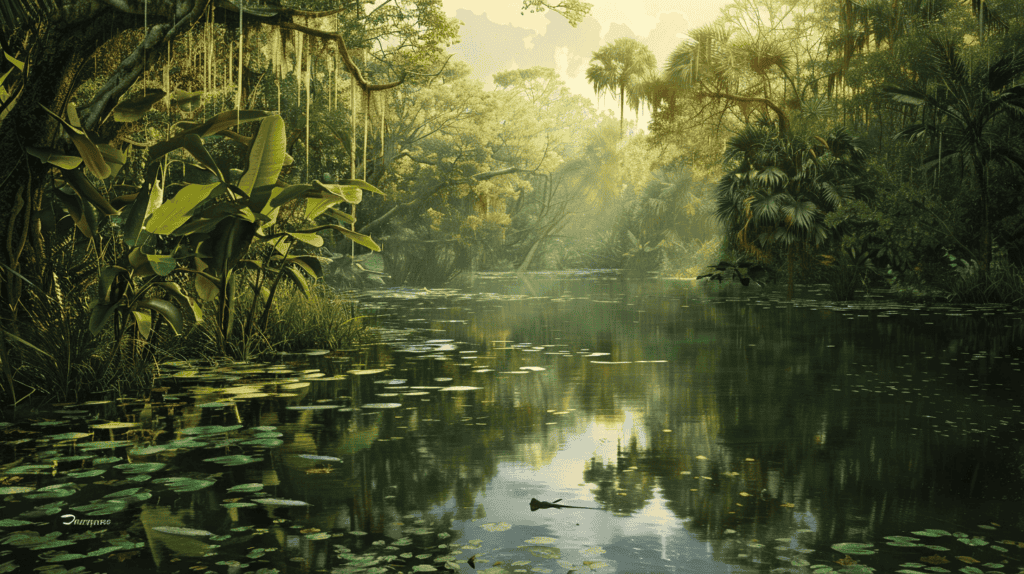
As anglers, we play a vital role in these conservation efforts.
By learning and adhering to regulations, using best practices for catch and release, and supporting sustainable fishing initiatives, we help protect grouper populations for future generations.
Remember, every action counts in maintaining the delicate balance of Florida’s marine ecosystems.
Together, through the combined efforts of regulatory bodies, conservation organizations, and responsible anglers, we can ensure that grouper fishing in Florida remains a vibrant and sustainable activity for generations to come.
Conclusion
Grouper season in Florida offers a fantastic opportunity to catch one of the ocean’s most prized fish.
Understanding the regulations, the best times and locations, and the right techniques and gear can significantly enhance your fishing experience.
All that is left is to embark on your grouper fishing adventure and enjoy the thrill of fishing for grouper in Florida’s beautiful waters.
As always, tight lines and happy fishing.
